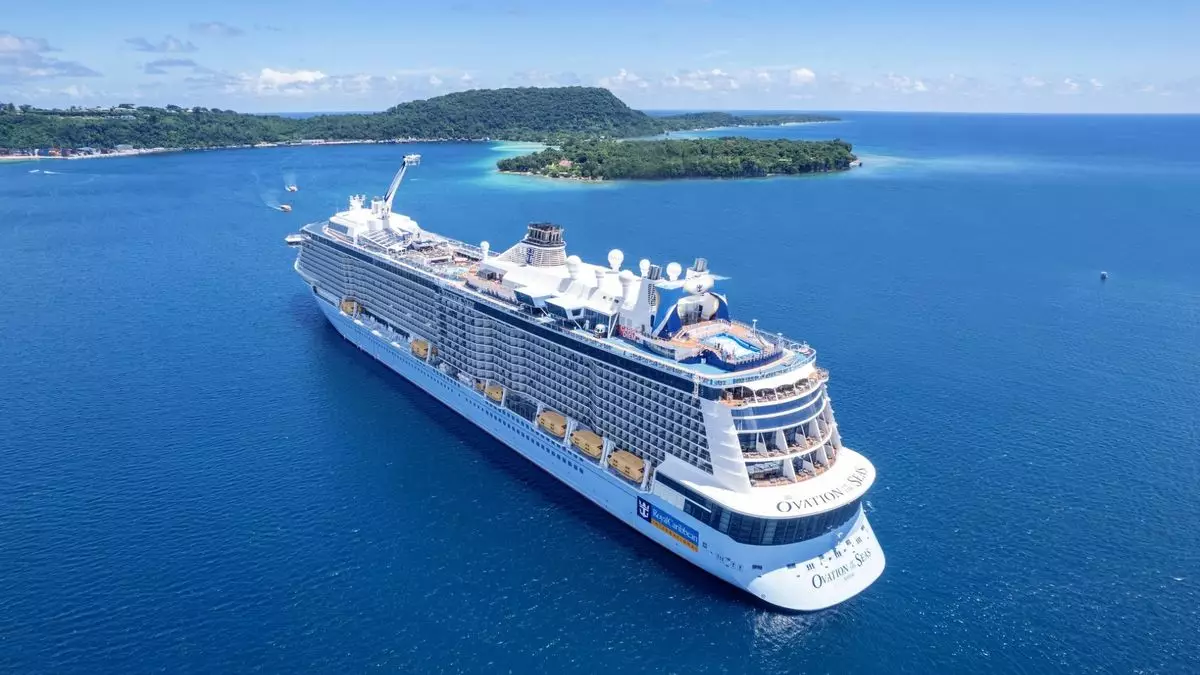On a day marked by panic and uncertainty, a powerful 7.3 magnitude earthquake rocked the South Pacific nation of Vanuatu, leaving behind a trail of destruction. Occurring just 18 miles west of the capital city, Port Vila, this seismic event struck with little warning, wreaking havoc on the local infrastructure and deeply affecting the lives of its residents. Reports indicate that numerous buildings, including those housing various Western embassies, suffered significant damage and in some cases, parts of them collapsed. The effects of the earthquake highlight the vulnerabilities of island nations to natural disasters, an issue often exacerbated by limited preparedness and response capabilities.
In the immediate aftermath of the earthquake, the situation in Vanuatu escalated quickly from alarming to dire. Witnesses described chaos in the streets of Port Vila, as many individuals found themselves trapped in debris-laden buildings. Furthermore, landslides—triggered by the earthquake—blocked key roads, stranding vehicles and hindering emergency services. Power outages compounded the crisis, rendering communities in darkness and sharply impeding communications. The worries surrounding casualties and injuries remain high, with many locals left awaiting rescue updates as the extent of the damage becomes clearer.
The earthquake also raised immediate concerns regarding transportation, particularly air travel. France’s ambassador to Vanuatu, Jean-Baptiste Jeangene Vilmer, announced via social media that flights had been suspended, complicating rescue and recovery efforts. With tourism being a cornerstone of Vanuatu’s economy, the tremor has knocked tourism operators and cruise lines such as Royal Caribbean International and Carnival Corp. into a state of uncertainty. Cruise ships originally scheduled to dock at Vanuatu face potential itinerary adjustments, raising doubts about the region’s ability to welcome travelers in the near future. This disruption could have lasting effects on both the local economy and the tourism sector’s recovery post-disaster.
While the earthquake may have left the people of Vanuatu reeling, the focus has quickly shifted towards recovery efforts. Local authorities and international aid organizations are mobilizing to address immediate needs, including search and rescue operations, food distribution, and medical assistance. Carnival Corp. has expressed its deep sympathies and is actively engaging with local authorities to assess the ongoing situation, underscoring the vital need for coordinated responses to natural disasters.
As Vanuatu seeks to recover from this devastating event, it serves as a stark reminder of the resilience required to withstand such challenges. The intertwining of natural disaster preparedness and sustainable tourism practices is crucial. Looking ahead, it is essential that governments and organizations invest in robust infrastructure and emergency planning to mitigate the aftermath of similar incidents in the future, ensuring that local communities emerge stronger and more resilient.

